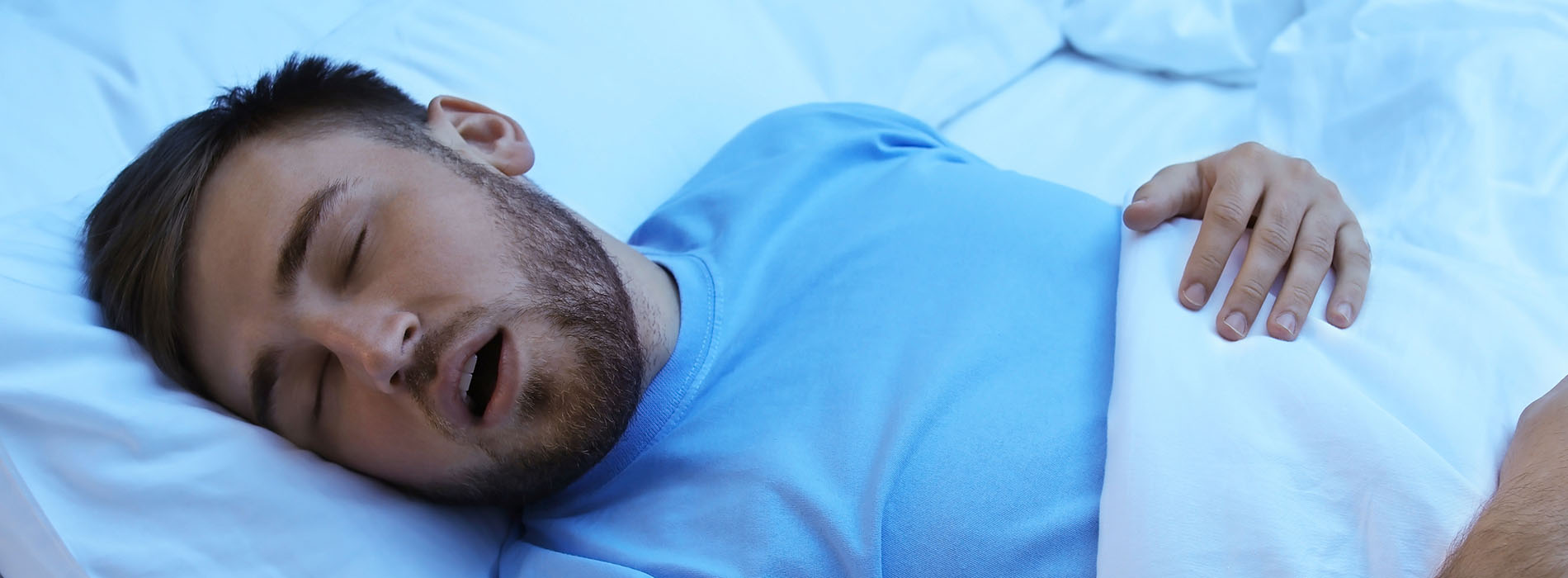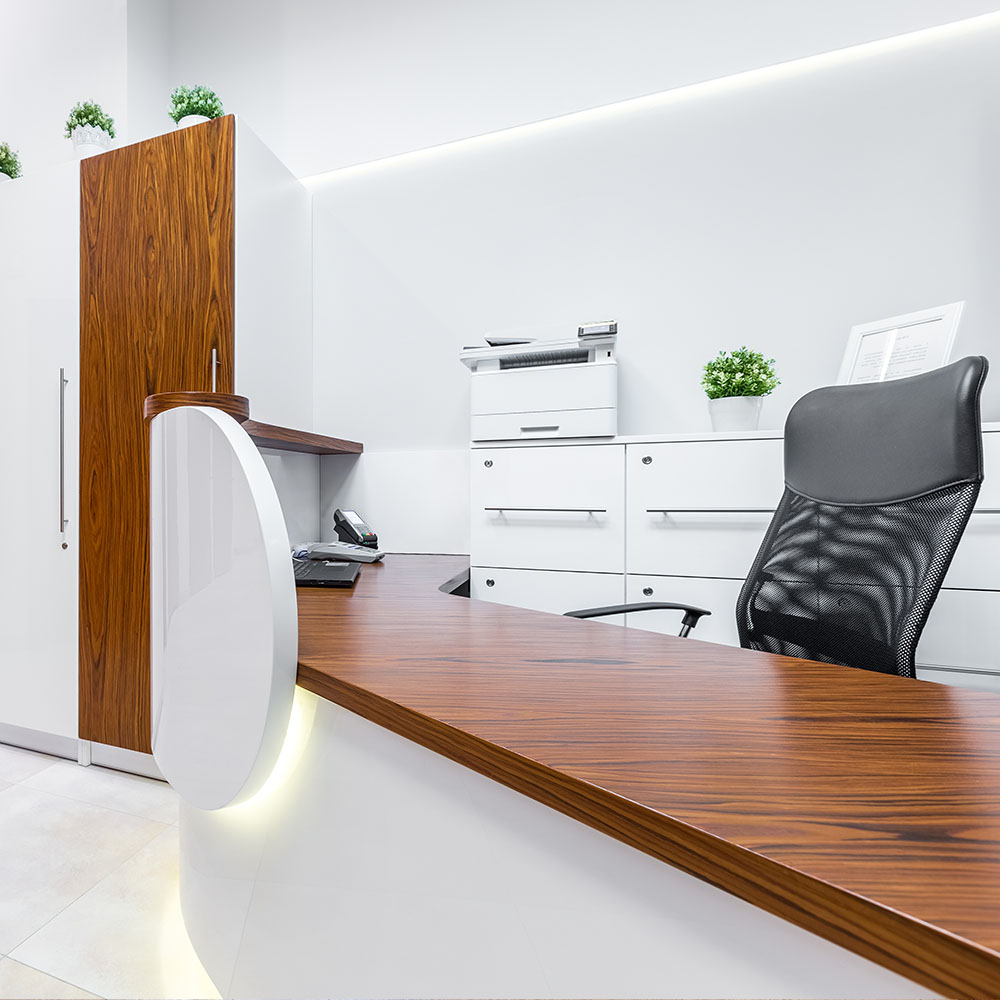New Patients
Existing Patients


Snoring happens when the soft tissues at the back of the throat vibrate as air moves past them during sleep. Most people snore occasionally, but for some it becomes a regular nightly disturbance that affects sleep quality for them and their bed partners. Understanding why snoring occurs and what can be done about it is the first step toward quieter, healthier nights.
Estimates show that tens of millions of adults in the United States snore to some degree. For many it is an occasional annoyance, while a subset experience persistent snoring that may indicate an underlying sleep-breathing disorder. Because snoring can be a symptom of more serious conditions, careful evaluation is important before choosing a treatment path.
Multiple physical and lifestyle factors influence whether a person snores and how loud the snoring is. Identifying which factors are present helps guide appropriate treatment, whether that means behavioral changes, medical evaluation, or an oral appliance fitted by a dental professional.
Not every case of snoring requires medical intervention, but some signs suggest it should be assessed by a professional. Loud, chronic snoring accompanied by daytime sleepiness, morning headaches, or witnessed pauses in breathing can point to obstructive sleep apnea (OSA), a condition that can affect cardiovascular health and daytime function.
Primary snorers—people who snore without other medical symptoms—may benefit from conservative, noninvasive treatments. However, because it is not always possible to tell by sound alone whether snoring represents a simple nuisance or a more serious disorder, a careful history and, when appropriate, a sleep study are important parts of an accurate diagnosis.
Dental professionals work in concert with physicians to determine whether an oral appliance is an appropriate option. In many cases an evaluation will include screening questions, discussion of sleep habits, and coordination with a sleep specialist to review test results when indicated. At Joanna Tricorache, DDS, this collaborative approach helps ensure each patient receives care aligned with their overall health needs.
Oral appliances designed for snoring typically work by keeping the lower jaw slightly forward during sleep. This forward positioning increases the space behind the tongue and soft palate, reducing airway collapse and the vibrations that produce snoring sounds. Because they are custom-made, these devices can be comfortable and effective for many people.
There are several styles of appliance: mandibular advancement devices that reposition the jaw, and tongue-stabilizing devices that hold the tongue in a forward position. Your dental provider will recommend the style best suited to your anatomy and sleeping patterns. Each appliance is removable and worn only during sleep, which makes them a non-surgical, reversible treatment option.
Oral appliances are sometimes chosen as an alternative to other treatments such as positional therapy or continuous positive airway pressure (CPAP), particularly when those options are not tolerated or appropriate. The key to success is a properly fitted device and ongoing monitoring to ensure it continues to perform as intended.
The process begins with a comprehensive dental exam and a focused review of your sleep history. Your dentist will assess the health of your teeth, gums, bite alignment, and temporomandibular joints (TMJ) to determine whether an oral appliance is a safe choice. If a sleep study has already been completed, the results help guide treatment planning; if not, your provider may recommend a referral for diagnostic testing.
When an oral appliance is indicated, impressions or digital scans of the teeth are taken to create a custom device. Lab fabrication tailors the fit to your mouth, and appointment time is scheduled for delivery and fitting. Initial appointments typically include bite adjustments and instruction on how to insert, remove, and care for the appliance.
After the appliance is delivered, the first few weeks involve short-term follow-up visits to fine-tune the fit and make incremental adjustments. These visits are important to maximize comfort and effectiveness while minimizing potential side effects. Persistence and clear communication with your dental team during this period often determine how well the appliance reduces snoring.
Many patients adapt quickly to wearing a nightly oral appliance, but some experience temporary side effects such as mild jaw soreness, tooth sensitivity, increased salivation, or dry mouth. These reactions typically subside as muscles adapt, but persistent discomfort should be evaluated. Regular follow-up helps catch and address issues early.
Over time an oral appliance can exert small forces on the teeth and bite position. Routine dental checkups allow your provider to monitor for any unwanted changes and to make adjustments or recommend alternate strategies if needed. Long-term success depends on both appliance maintenance and periodic reassessment of sleep symptoms.
Bear in mind that an oral appliance is one component of a comprehensive approach to snoring and sleep health. Lifestyle changes—such as avoiding late-night alcohol, improving sleep hygiene, and adjusting sleep position—can amplify the benefits of an appliance and contribute to better overall results.
Oral appliances are most often recommended for people who snore persistently without significant airway obstruction, or for those with mild to moderate obstructive sleep apnea who cannot tolerate other treatments. They are also a reasonable option for people who prefer a discreet, portable solution for nighttime breathing problems.
Choosing the right therapy requires a balanced assessment of symptoms, sleep study findings when available, dental health, and patient preference. Collaboration between your dentist and sleep physician ensures that oral appliance therapy is integrated safely into your overall care plan and that follow-up testing can gauge its effectiveness when indicated.
If you are considering treatment for chronic snoring, talking with a qualified dental professional can clarify whether a custom-fitted appliance is likely to help. Our Staten Island and Manhattan locations offer comprehensive evaluations that coordinate dental expertise with medical guidance as needed.
In summary, snoring has many causes and treatments. Custom oral appliances provide a noninvasive, removable option that can significantly reduce snoring for appropriately selected patients. To learn whether this approach may be right for you, please contact us for more information and to schedule a consultation.

Ready to schedule your next dental appointment or have questions about our services?
Contacting Joanna Tricorache, DDS is easy! Our friendly staff is available to assist you with scheduling appointments, answering inquiries about treatment options, and addressing any concerns you may have. Whether you prefer to give us a call, send us an email, or fill out our convenient online contact form, we're here to help. Don't wait to take the first step towards achieving the smile of your dreams – reach out to us today and discover the difference personalized dental care can make.